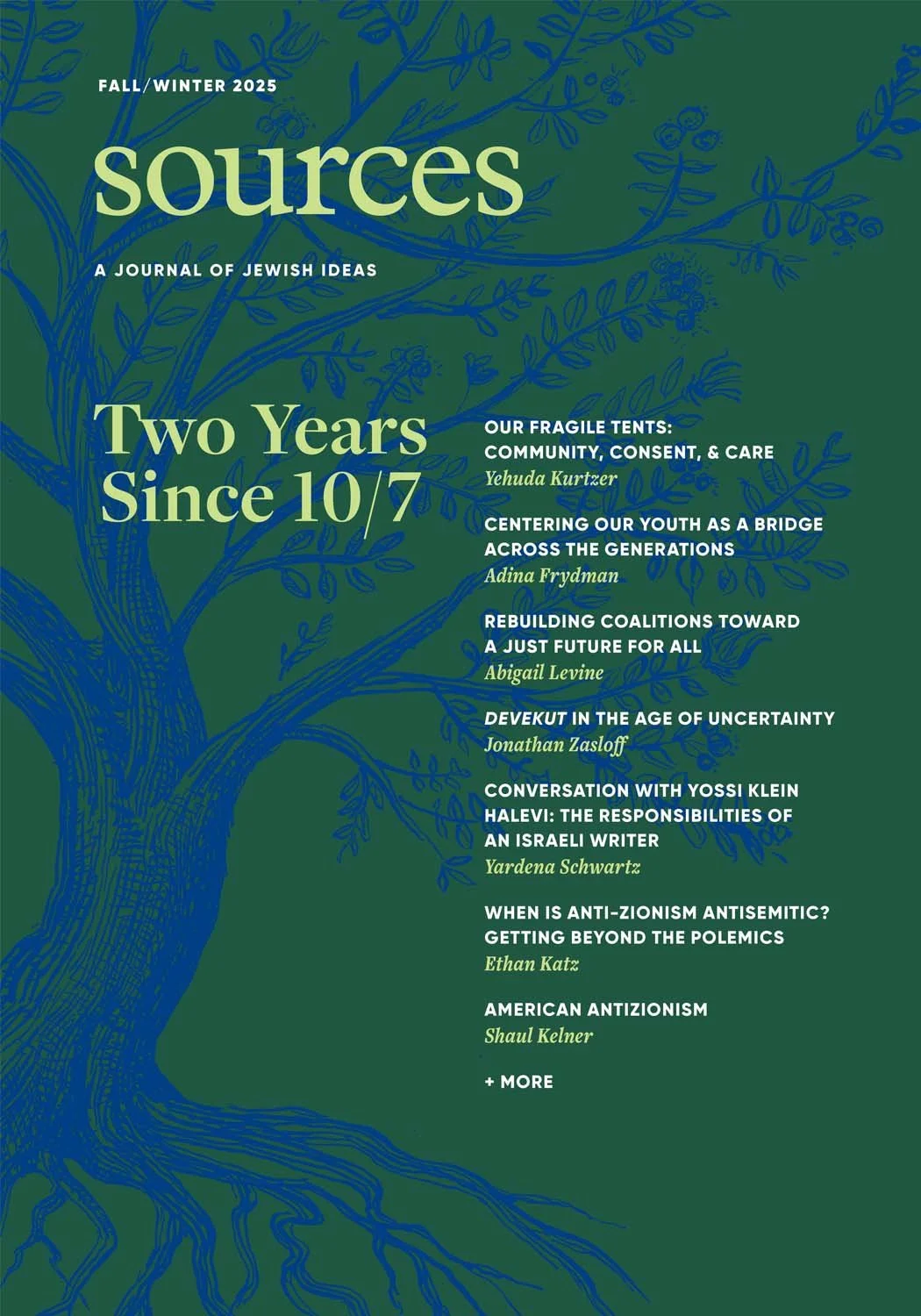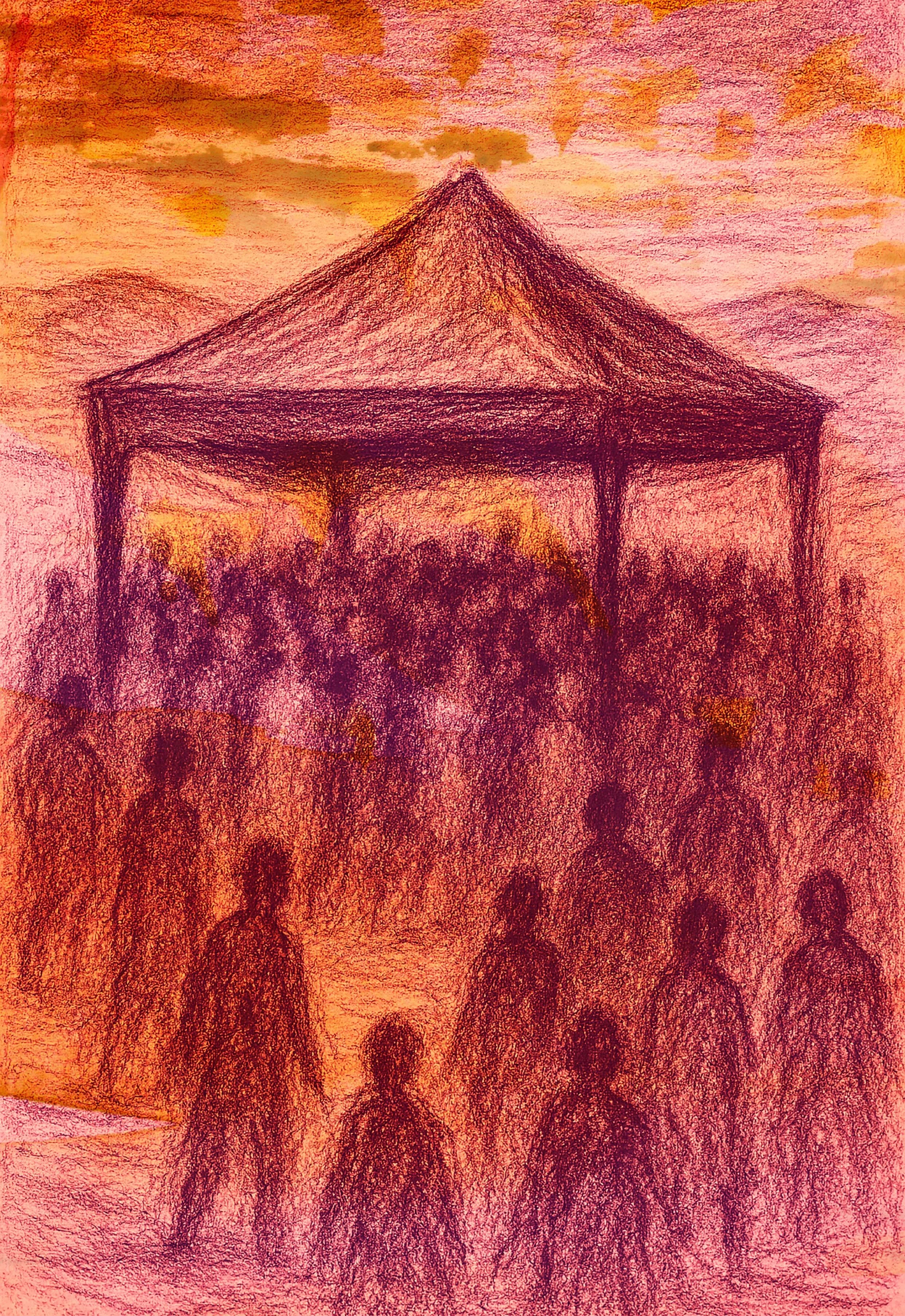Radical Amazement
Abraham Joshua Heschel: A Life of Radical Amazement
By Julian E. Zelizer
Yale University Press, 328pages, $26
Reviewed by Reuven Kimelman
Reuven Kimelman is Professor of Near Eastern and Judaic Studies at Brandeis University.
In seven chapters tracing Abraham Joshua Heschel's life (1907-1972) from his childhood in Poland to his emergence as the foremost Jewish thinker and leader of the movements of the 1960s, Julian E. Zelizer correlates geography with biography. As readers we are taken on a whirlwind trip to Warsaw and Berlin in Europe, and then traversing Cincinnati, NYC, Selma, and Washington in America. An eighth chapter charts Heschel’s multi-dimensional legacy. This is a biography worthy of its subject.
Having been a student of Heschel at the Jewish Theological Seminary for most of the 1960s, I lived through much of the book. And, through this page-turner, I felt I was revisiting the formative events of my life through an eye-witness. What a surprise to find out that the author was not even alive then! Nonetheless, Zelizer moves nimbly from one dimension of Heschel’s life and legacy to another illuminating, everything on the way.
Heschel rose to prominence in the fifties and pre-eminence in the sixties. In about 1962, Panim el Panim, an Israeli magazine of religious affairs edited by Pinchas Peli, published an article on the three most influential leaders of American religious Jewry featuring rabbis Menachem Mendel Schneerson, Joseph Soloveitchik, and Abraham Joshua Heschel. The article was prescient as the three dominated American Jewry through the 60s and beyond. Since their respective deaths, a cottage industry of books about their teachings and lives continues to grow.
Indeed, the death of a great person does not mark their end. Au contraire, they grow in greatness and the sense of loss deepens as time goes on. I sense it acutely as I may be one of the few still around who was in contact with all three of the rabbis featured in Panim el Panim. Soloveitchik went on to become the preeminent spokesman of Modern Orthodoxy in halakhic and intellectual matters. Schneerson transformed Chabad Hasidism from a Russian-centered contemplative movement into an worldwide activist movement. Heschel was the scholar-theologian-activist who embodied the ethical turmoil of the sixties. He marched in Civil Rights demonstrations where he became a friend and moral advisor to Martin Luther King Jr.; restructured Jewish-Christian relations significantly through his friendship with Cardinal Augustin Bea; protested the Soviet discrimination against Jewry; advocated the religious significance of Israel after the 6-day war; and joined the anti-Vietnam War movement with Clergy Concerned about Vietnam, which he founded with younger comrades including Richard Neuhaus, Daniel Berrigan, and William Sloan Coffin.
I was a witness to many events described in the book. While a grad student at Yale University in the early 70s, I asked Coffin, then the university chaplain, about Heschel’s impact on the group. He said that time and time again they were on the verge of despair when Father Abraham would walk in demanding to know how many more Vietnamese had died that day, thereby energizing them with renewed moral vigor to maintain the course of ending the senseless war.
Heschel’s responded to King’s request that they march together in the Selma to Montgomery March of 1965 in his signature way. He was already somewhat of a theological celebrity among King’s associates, who carried and cited his book the Prophets aphoristically. Heschel refused to compartmentalize his moral concerns. The fight for American Blacks was of one cloth with his fight for the lives of the Vietnamese. I remember running up to him after his famous, or infamous, anti-war sermon at Riverside Church on April 4, 1967 and hearing him repeating, “I won, I won.” Asking what he won, he responded that he had won King over to the moral and political linkage between advancing civil rights at home and opposing the war in Vietnam. After all, according to Heschel, “to speak about God and remain silent on Vietnam is blasphemous” (187).
Love Jewish Ideas?
Subscribe to the print edition of Sources today.
Heschel was a master at seeing the broad picture. In early 1968, at one of Heschel’s nightly bi-weekly seminars in his office at the Jewish Theological Seminary of America, I espied a man in a dark turtleneck sweater wandering the halls outside Heschel’s office and informed him. Heschel bolted out of the office and brought the man in, introducing him as his friend Father Daniel Berrigan and inviting to make a case for Heschel joining him in breaking the law and going to jail. Berrigan pointedly used the precedent of the biblical Jeremiah, who was cast into a pit for protesting the war against Babylon (Jer. 38). He contended that we could salvage our moral integrity only by disassociating from the evil government that was daily slaughtering Vietnamese. As long as we benefitted from being free Americans, we were tainted, indeed culpable, for our government’s actions. Heschel queried each of us as to what he should do. Then, turning to Berrigan, he asked how many Vietnamese lives would thus be saved. Berrigan refused to entertain this question, arguing that the moral imperative now was not to save lives but to save our souls. Piqued, Heschel rejoined that it was not a question of our souls but their lives. What a privilege to witness a great Jewish-Catholic debate on religious priorities. Such was the pedagogy of Abraham Joshua Heschel. The upshot was, as Zelizer writes, while Berrigan was “clamoring to employ more radical forms of civil disobedience, Heschel… insisted on sticking with legal means” (173).
This survey of Heschel’s life and thought has all the hallmarks of a professor of history and public affairs who fell in love with his subject. Zelizer’s knowledge of Americana supports his thick description of Heschel based on his trenchant observations of Heschel’s theological and ethical contributions. Ample citations from Heschel’s writings further illuminate both life and thought, enabling the book to fulfill both senses of its subtitle ,“a life of radical amazement.” Radical amazement is at the root of Heschel’s theological perspicuity and it is also the reader’s response to Hechel’s multi-faceted life as a poet, survivor, rebbe, scholar, theologian, ethicist, spokesman, and social activist. He could be a candidate for the title of quintessential 20th century Jew.
Still, more could be said about Heschel’s intellectual audacity as a scholar of Judaism. That this is missing from Zelizer’s book underscores that he has written a social rather than an intellectual biography. More could have been said how Heschel reinterpreted the Sabbath as a way of surpassing civilization rather than rejecting it. He showed how prophecy is a way of identifying with the pathos of God rather than a method of predicting the future. He underscored how the God of the Bible is to be identified with Jeremiah’s most moved mover, emphasizing biblical anthropopathism, the portrayal of God sharing in the suffering and joys of humanity. He also reinterpreted prayer as an invitation to God to be involved in our life as a way of realizing that we are the objects of divine concern, making the question of prayer not what we ask of God rather what God asks of us.
Along these lines, the titles of Heschel's two major theological works, Man Is Not Alone and God is in Search of Man, express his understanding of the goal of theology, namely, the realization that our quest for God is exceeded by God’s quest for us. God is wherever we allow it. In sum, radical amazement is as much a characterization of his life as it is our response to his revolutionary thinking.
This article appears in the online version of Sources, Fall 2022.




